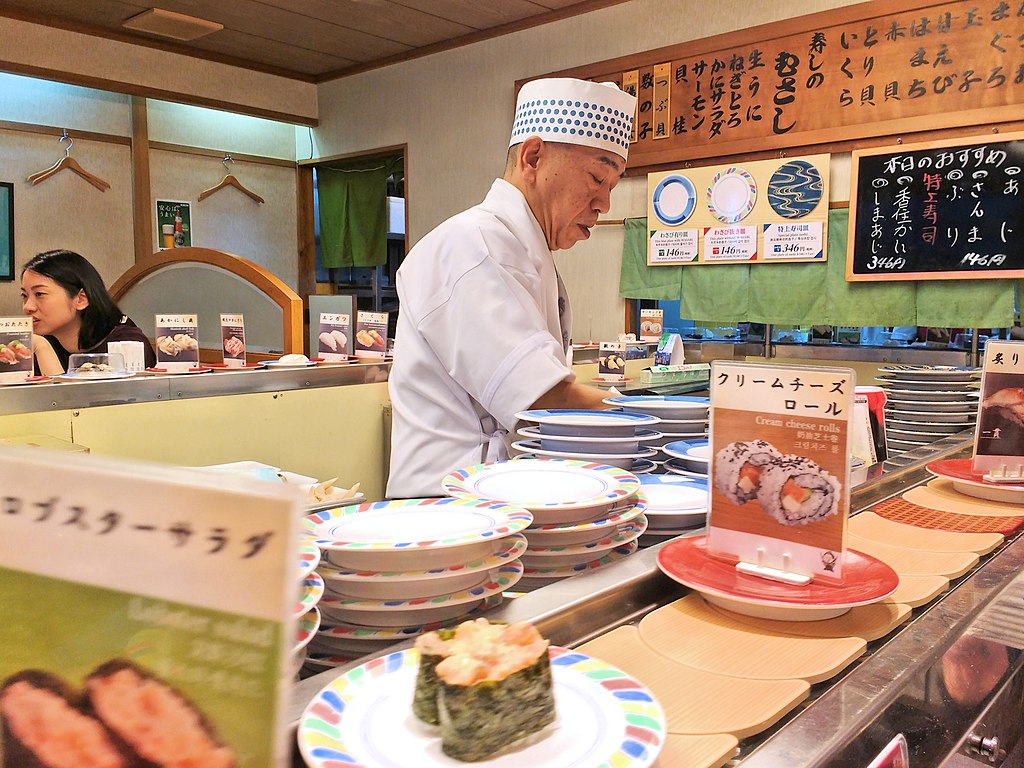Jun 26, 2024
Starting a Business in Hiroshima
With the 4th highest GDP in the world, Japan is a hotspot for entrepreneurs across the world and encourages international trade. Expats looking to start their own business in the country should consider Hiroshima. Although it doesn’t have a financial climate on the same level as Tokyo or Osaka, it’s one of Japan’s most up-and-coming areas. Here’s how to go about things if you’re thinking about self-employment in Hiroshima.
Hiroshima’s Business Environment
The largest prefecture in the Chugoku region of western Japan, Hiroshima may be most famous for the atrocities experienced in World War II, but it is also one of the fastest economically developing areas in Japan. Its main city is the 11th largest city in the country, and the area as a whole is considered a “microcosm of Japan” due to its demographic and socioeconomic indicators. This has led to it becoming something of a test market for various products and initiatives, which is useful for entrepreneurs. Basically, if something works in Hiroshima, it should work in Japan – and vice versa.
There are over 130,000 businesses in total across the prefecture. Manufacturing is strong, with key industries including:
- Steel
- Shipbuilding
- Automotive
- Electronics
- Chemicals
Tourism is also strong in Hiroshima. Furthermore, it has a highly developed transport and logistics infrastructure with an airport, two seaports and good rail networks.
Japanese Business Requirements
To start your own business as an expat anywhere in Japan, you will need to have a valid visa. If you are already in the country on a visa or residence permit, check if the conditions allow you to work as self-employed. If you want to come to Japan to set up a business, you will need one of the following visas:
- Business manager/investor visa
- Startup visa
These each have their own requirements, for example the ability to invest a minimum amount of capital. You will also need to choose a legal business structure. The main ones are:
Limited company (godo kaisha) – incorporated company with directors
Stock/public company (kabushiki kaisha) – similar to limited company but normally larger and with public shares
Partnership (gomei kaisha) – unlimited company with more than one owner where profits are split as personal income
Sole trader (kojin jigyo) – individual self-employed person where business profits/income is treated as personal income
If you set up any kind of incorporated company in Japan, you will need to draw up Articles of Association and register the business with the Legal Affairs Bureau.
Beyond this, other things to consider include:
- Setting up a business bank account in Hiroshima
- Sorting out your tax and social security, which could be registering for personal contributions as a self-employed person or paying corporation tax as a registered business
- Employees – if you have staff, you’ll need to comply with national labor laws and arrange their tax and social security payments
- Marketing and promotion – key to making your business a success
Support for Business in Hiroshima
You can check out the Hiroshima prefectural page for information on support for startups and SMEs in the area. The Japan External Trade Organization (JETRO) has information on subsidies and support for Hiroshima-based businesses.
Two useful nationwide pages for Japanese business support are:
Marek Slusarczyk, CC BY 3.0, via Wikimedia Commons


About the author